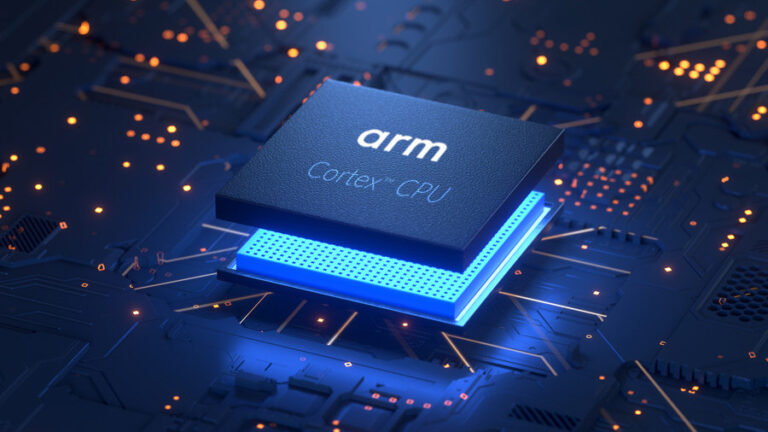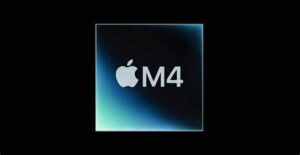Microsoft takes a punt on Open AI.
- Open AI, the “non-profit” AI company, has taken a $1bn investment from Microsoft that sees Microsoft buy itself a new customer as well a lottery ticket on the tiny chance that Open AI cracks the most vexing problem of AI.
- Microsoft will invest $1bn in Open AI which is an AI laboratory whose one goal is to solve the very difficult problem of Artificial General Intelligence (AGI).
- AGI is the equivalent of RFM’s Goal No. 2 of AI: transfer learning (see here) and refers to the ability of an algorithm to take what it has learned from one task and apply it to another.
- I have long believed that this problem lies at the heart of making AI orders of magnitude better than it is today, thereby enabling the use cases that hype promises is just around the corner but will never deliver even close to on time.
- This problem has eluded all of the greatest minds in the field for years and I see no evidence whatsoever that Open AI is any closer to cracking this problem than anyone else.
- RFM research indicates that AI’s greatest asset today is also its greatest liability which is of great use in solving simple tasks but over-dependence on it is preventing the field from taking a major step forward.
- This asset is deep learning.
- Deep learning is by far the best tool available for cracking tasks where the data set is both stable and finite, but it fails horribly the minute any variability enters the system.
- I think that it is this inability to deal with variations in the data set that prevents deep learning from being able to make any meaningful progress towards AGI.
- This is why I worry about Open AI, as by its own admission, everything it is working on is deep learning-based (see here).
- To crack this problem, I suspect that this technique needs to be limited to the tasks at which it excels (there are many) and a new approach adopted to try and solve AGI.
- Open AI has now effectively become a for-profit entity as Microsoft will be expecting a return on the $1bn invested although this will be capped at 100x.
- Microsoft’s interest is fairly straight forward:
- First, customer: It has gained a big customer for Azure and so a portion of the $1bn invested will be coming straight back in terms of revenues.
- Second, lottery: the investment is likely to mean that Microsoft will have preferential access to whatever Open AI comes up with.
- I think that the chance of Open AI solving this problem is tiny, but Microsoft will win big if it does.
- Whoever cracks the AGI problem first stands to make a huge return on investment as the quality of their algorithms will take a big step forward and be far ahead of everyone else.
- However, I think that this problem is so hard that it could easily be decades before even a meaningful dent is made.
- Open AI will need a lot more money before then.
- Consequently, I suspect that Microsoft’s investment will have to stand solely on the extra revenues that it generates for Azure and I suspect that the wise heads at Microsoft will be thinking this way.
- Things are continuing to go extremely well at Microsoft, but the valuation has reflected this for some time now which tempers my enthusiasm.
- I would be looking at taking some money off the table and putting it to work elsewhere.










Blog Comments
Microsoft And OpenAI: Brute Force - TechNewSources
August 7, 2019 at 5:53 am
[…] Microsoft’s (MSFT) purchase of the most expensive lottery ticket in history, Open AI has disclosed that it will spend the proceeds on building a massive […]